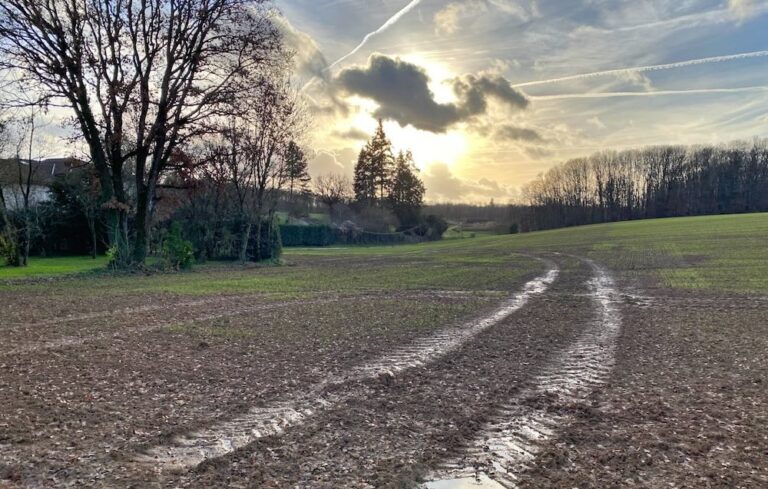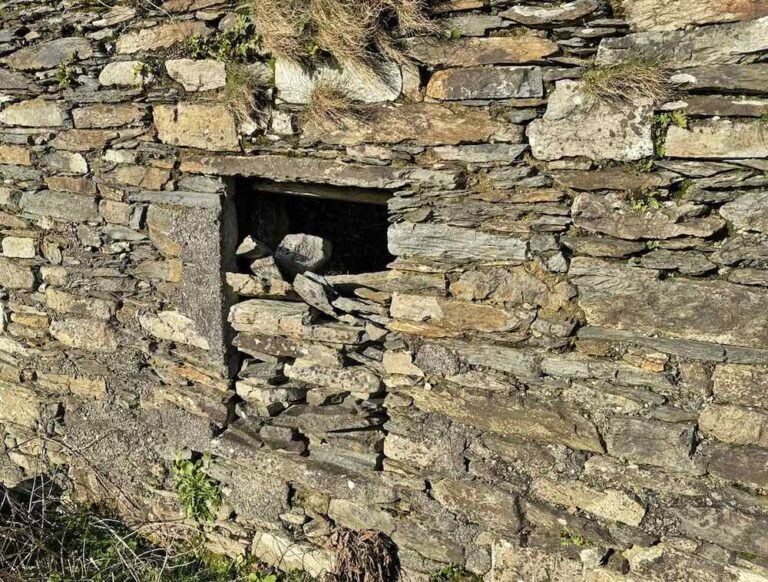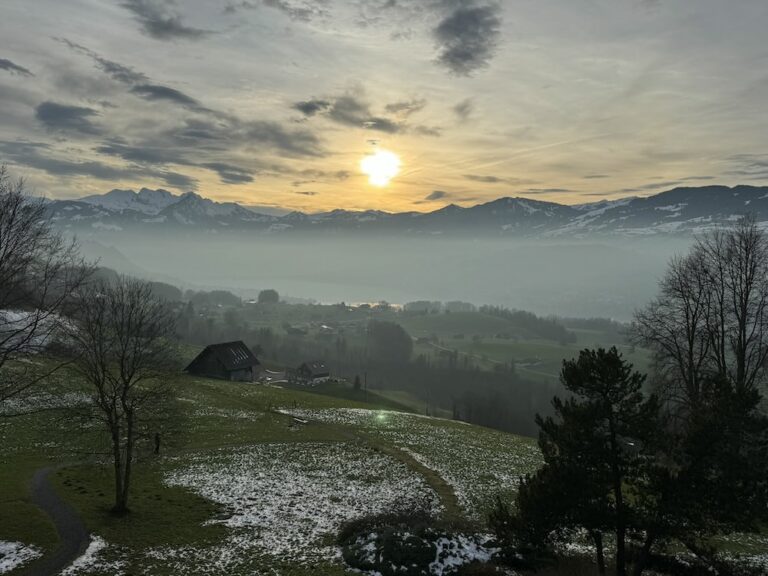Sábado da Segunda Semana da Quaresma
Se você perdeu a reflexão de ontem, pode lê-la como uma preparação para a de hoje sobre Jesus como um mestre contador de histórias, mas não é necessário, porque suas histórias, mesmo que só elas mesmas, já mostram simplicidade, clareza, pé no chão e ainda, transcendência, muitas vezes com uma pitada de exagero. Imagine um brilho em seus olhos enquanto ele as contava para as pessoas sentadas, extasiadas à sua frente. Ele pode não ter sido um comediante stand-up, mas é difícil imaginá-lo como sendo pessoalmente uma pessoa solene, como ele passou a ser visto.
Sua mensagem, o tema que percorre todo os seus ensinamentos e resume sua vida e personalidade, poderia ser resumida como o “reino dos céus”. Isso não é exclusivamente dentro ou fora de nós, não é um lugar ou uma recompensa. É o que é, e muitas parábolas diferentes e sua história de vida, nascimento, morte e ressurreição o descrevem. Por que não tomar esses dois como um exercício para ouvir o contador de histórias?
O Reino dos Céus é também semelhante a um tesouro escondido num campo. Um homem o encontra, mas o esconde de novo. E, cheio de alegria, vai, vende tudo o que tem para comprar aquele campo.
O Reino dos Céus é ainda semelhante a um negociante que procura pérolas preciosas. Encontrando uma de grande valor, vai, vende tudo o que possui e a compra.
Eles têm muito em comum: encontrar, vender tudo, comprar. São coisas que podemos entender da vida cotidiana, mesmo que o “tudo” seja um pouco exagerado. Estão dizendo exatamente a mesma coisa? Mais ou menos. Mas de perspectivas muito diferentes. Qual a diferença? São um alerta, um chamado de atenção para o que virá (ou um tipo de spoiler).
Para trabalhar nisso, reflita sobre a primeira parábola e o sortudo que encontrou o tesouro: imagine como ele o encontrou; por que o enterrou novamente?; o que o deixou tão feliz a ponto de vender tudo; o que significa comprar?, Algumas perguntas sobre o comerciante. Alguma razão para não dizer que o comerciante estava alegre’?
Deixo as perguntas para vocês. Exceto uma, qual é a grande diferença de perspectiva nestas descrições da experiência do reino? Parece que na primeira parábola o homem encontrou o tesouro por acaso, como acontece ainda hoje, por exemplo, quando os agricultores desenterram um tesouro, enterrado por saqueadores séculos atrás. Mas na próxima parábola, de várias maneiras, a grande diferença é que a descoberta da pérola faz parte do trabalho diário e da rotina do comerciante. A descoberta da pérola ainda pode ser uma surpresa alegre, mas é paralela à experiência da primeira. No entanto, ambos podem se sentir imensamente gratos e sentir isso como uma obra da graça.
Aplique isso à experiência contemplativa: o trabalho rotineiro matutino e vespertino de meditação diária, e o ser tomado por pura surpresa. Karl Rahner, que pensou que o único verdadeiro cristão do futuro seria um místico, descreveu o místico de uma maneira que inclui pessoas comuns na vida diária, no acaso e, na rotina diária: “experiência genuína de Deus emergindo do próprio coração de nossa existência”.
Espero que esta parábola dois em um possa ajudá-lo a ver seu dia de hoje como uma parábola que o abre para o Reino.
Texto original
Saturday Second Week of Lent
If you missed yesterday’s reflection, you might read it as a preparation for today’s about Jesus as a master storyteller. But not necessary, because his stories stand alone with simplicity, clarity, down to earth and yet transcendental and often with an element of exaggeration. Imagine a twinkle in his eye as he told them to the people seated entranced in front of him. He might not have been a stand-up comic but it’s hard to imagine him as being solemn in person as he has come to be seen.
His message, the theme that runs through all his teaching and epitomises his life and personality, could be summarised as the ‘kingdom of heaven’. This is not exclusively within us or outside us, it is not a place or a reward. It is what it is and many different parables and his life-story birth, death and resurrection describe it. Why not take these two as an exercise in listening to the storyteller?
The kingdom of heaven is like a man who found a treasure buried in a field. He buried it again and for sheer joy went and sold everything he had.
Again, he said, the kingdom of heaven is like a merchant looking for fine pearls. When he found one of immense value, he sold everything he had and bought it.
They have much in common: finding, selling everything, buying. These are things we can understand from ordinary life even if the ‘everything’ is a bit over the top. Are they saying exactly the same thing? Kind of. But from greatly different perspectives. What’s the difference? Warning, spoiler ahead (or one kind of spoiler).
To work on it yourself ask yourself about the first parable and the lucky man who found the treasure: imagine how he found it; why did he bury it again?; what made him so joyful as to sell everything?; what does buying mean? Same questions about the merchant. Any reason why it does not say that the merchant was ‘joyful’?
I leave the questions for you. Except one, what is the big difference of perspective in this descriptions of the kingdom experience? It seems that in the first parable the man found the treasure by chance, as happens still today, for example, when farmers dig up a treasure buried from marauders centuries ago. But in the next parable, alike in many ways, the big difference is that the finding of the pearl is part of the daily work and routine of the merchant. The finding of the pearl may still be a joyful surprise but it is parallel to the experience of the first one. Nevertheless, both may feel immensely grateful and feel it as the work of grace.
Apply this to contemplative experience: the morning and evening routine work of daily meditation and the being taken by sheer surprise. Karl Rahner who thought the only real Christian of the future would be a mystic described the mystical in a way that includes ordinary people in daily life, in chance and daily routine: ‘genuine experience of God emerging from the very heart of our existence’.
I hope this two-in-one parable may help you see your day today as a parable that opens you to the kingdom.






